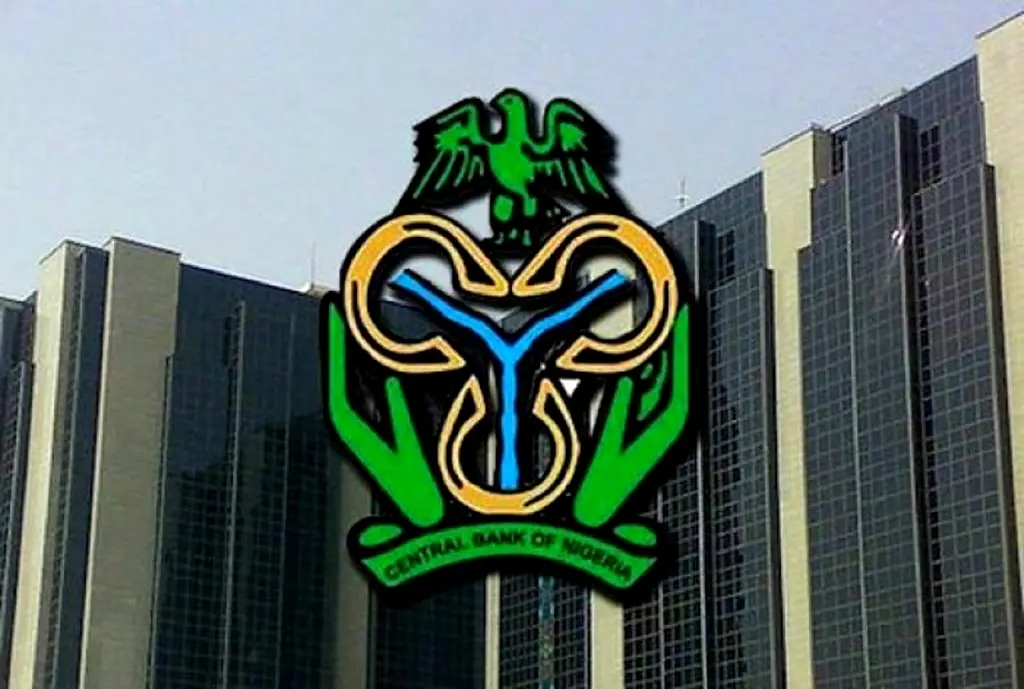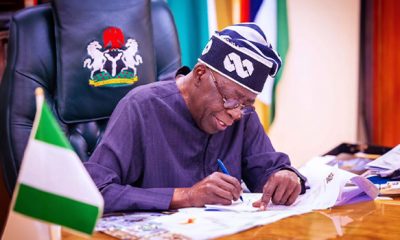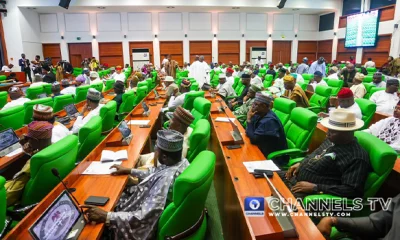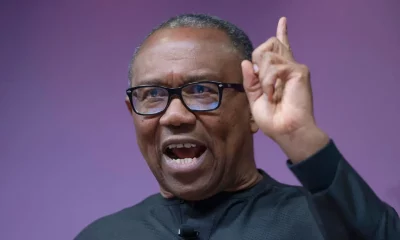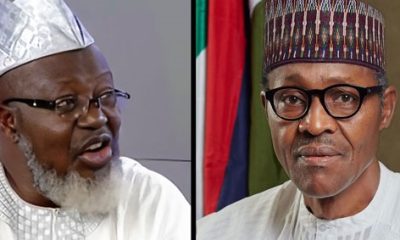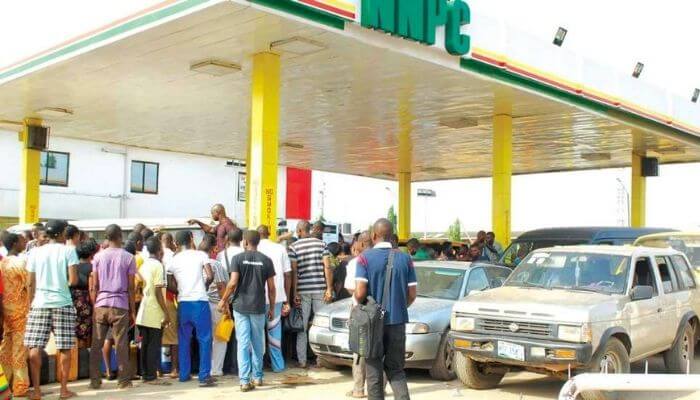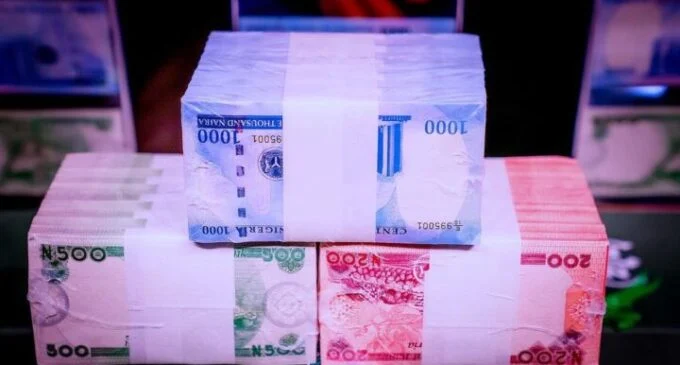President Bola Tinubu has assured Chinese investors that their investments are safe in Nigeria.
Tinubu also said his administration will always provide needed support to ensure businesses thrive.
The president spoke on Friday when he received a delegation led by Dai Hegen, chairman of the China Railway Construction Corporation (CRCC), in Abuja.
This was contained in a statement by Ajuri Ngelale, special adviser to the president on media and publicity.
He said his administration welcomes the opportunity to expand business collaboration with the company as well as upgrade critical infrastructure and facilities for the mutual benefit of both parties.
“I have listened to you carefully. Your operation is consistent with our objectives. We are reforming the economy and taking crucial actions to ensure accelerated growth,” Tinubu said.
“The CRCC, with its subsidiary, CCECC, is a leading company and one of the best partners to work with. I am happy that you are partnering Nigeria in so many areas, particularly in rail construction.
“We will do everything required to ensure that the rail link between the Ibadan end of the Lagos-Ibadan railway and the Federal Capital Territory is completed. We must connect the hinterland with our coastal seaports.
“I am proud of what I started as governor of Lagos state with the Lekki Free Trade Zone. It is now a flourishing environment. It is important to give you the assurance that we will do well to strengthen our partnership and relations.”
He commended the corporation, particularly its subsidiary, China Civil Engineering Construction Corporation (CCECC), headquartered in Beijing, for its efforts in delivering value on infrastructural projects in the country.
‘SOLID MINERALS DEVELOPMENT NEXT FRONTIER FOR COLLABORATION’
Tinubu urged the corporation to also explore other avenues of cooperation, especially in solid minerals.
“The door is open for partnership, and partnership that will add value to both sides. Solid minerals development is the next frontier for mutually beneficial growth and collaboration,” he said.
“We need each other. The sustainable path to success is a two-way street. We assure you that your investment is safe in our country. Once you succeed here, I know your reputation in other countries will be further strengthened.”
In his remarks, CRCC’s chairman highlighted some of the projects in the works and those completed by the corporation.
“In the railway construction sector, the Kano-Kaduna railway is 39 percent completed and is on course for completion in the second quarter of 2026,” Hegen said.
“The Abuja-Kaduna railway and Lagos-Ibadan railway have carried approximately nine million passengers since they were completed and commissioned.
“Freight services have officially commenced along Lagos-Ibadan axis since September 2023, and a total 180,000 tons of cargo have been transported.”
Hegen added that the corporation has signed investment cooperation agreements with 119 companies, stimulating investments of $3 billion, and creating 4,000 direct jobs for Nigerians, as well as paying $125 million in taxes.
He said there are plans to increase investments in key areas, such as agriculture, power, solid minerals, natural gas, and renewable energy technologies to promote the economic development of the country.
Hegen extended the invitation of the Chinese government to the president to attend the Forum on China-Africa Cooperation (FOCAC) to further deepen cooperation along mutual areas of interest.

 News3 years ago
News3 years ago
 Entertainment2 years ago
Entertainment2 years ago
 News3 years ago
News3 years ago
 Privacy3 years ago
Privacy3 years ago
 Sports2 years ago
Sports2 years ago
 Entertainment2 years ago
Entertainment2 years ago
 Opinion3 years ago
Opinion3 years ago
 News3 years ago
News3 years ago
